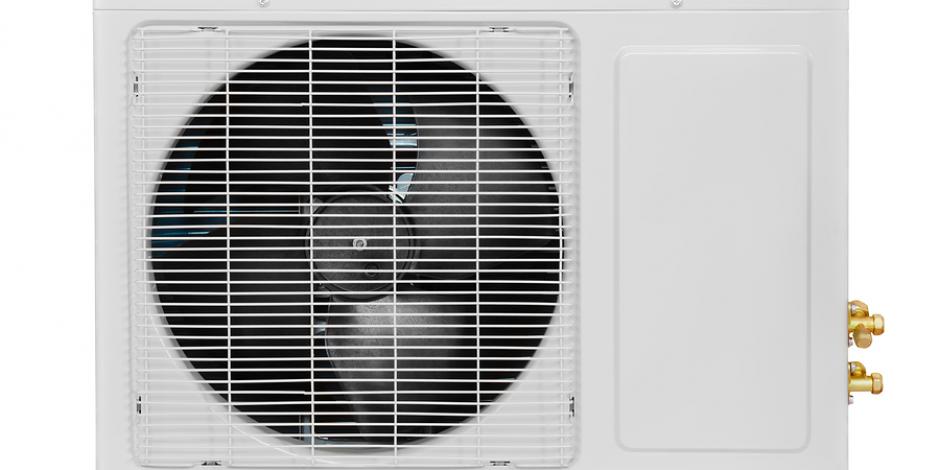You’re at a crossroads. Your Air Conditioning has been breaking down, prompting you to call your local air conditioning service provider for a solution. After identifying the issue, your technician gives you two choices. You can either repair your present system or replace it with a new one. Which option should you pick?
Prior to you making your choice, there are several aspects to consider.
If you are looking for finding the best contractor, please visit the link.
Here are a few concerns to ask yourself prior to you determine whether an AC repair work or replacement is ideal for you:
- How Old is Your Current System?
As per the Department of Power, the ordinary system life span for an AC unit is 15 to 20 years. However, in tropical places, system life expectancy can be a lot reduced. Here, we utilize our air conditioning unit almost year-round. Plus, the systems are exposed to high humidity levels, deep sea, as well as sulfur which take their toll with time. These elements lead to a typical lifespan in the area of 10 to 12 years.
- How Pricey and Extensive is the Repair?
Is the essential fixing small, like removing a clogged drain line or changing a damaged capacitor? Then the price of the repair service alone is not likely high enough to make you consider replacing your system. However, if your AC is over ten years old as well as the estimated repair work bill is close to 50% of its worth, substitute starts to make more sense.
- Is Your Present Device Well-Maintained or Not a Lot?
Proper upkeep has a direct influence on your air conditioning unit’s performance, reliability, and life span. As a matter of fact, we have observed that 50% of all pricey AC troubles can be prevented simply by staying up to date with normal maintenance. If you’ve been faithfully doing the following:
- altering the filter, we advise once every 1 to 3 months,
- keeping your outdoor unit devoid of plant growth as well as debris,
- as well as calling your local company for yearly tune-ups
- How Effective is Your Current AC System?
Do you recognize your AC’s SEER ranking? SEER, or Seasonal Power Efficiency Proportion, stands for how successfully your AC unit operates. The higher the SEER score, the less energy the system uses.


